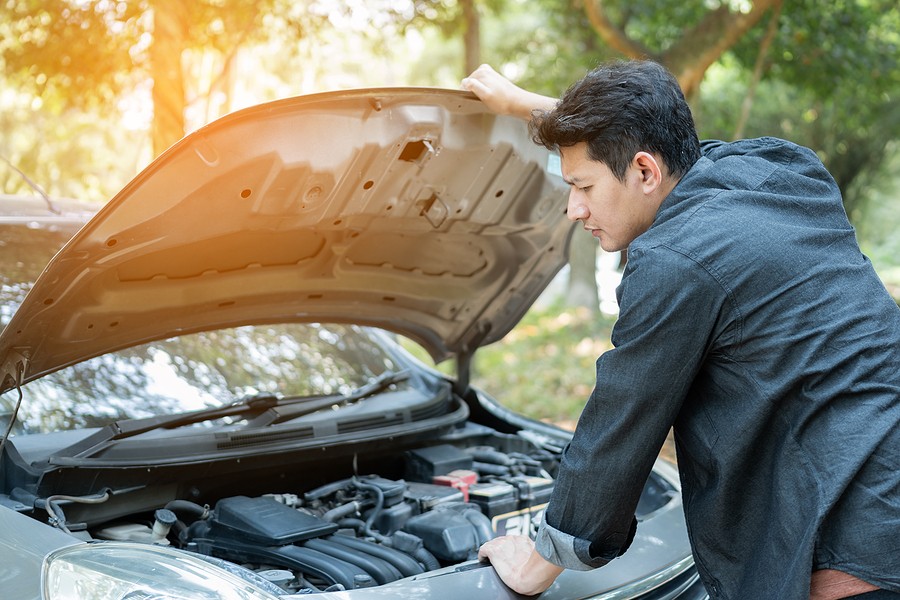If yours expecting that you're dealing with a bad engine, here are the 10 warning signs for “how to tell if your car has a bad engine?”
- Loud noises
- Metal particles in the engine oil
- Low engine oil level
- Excessive fuel consumption
- Significant reduction in your vehicle's power
- Loss of engine power
- Engine misfiring
- Damaged oil pump
- Engine overheating
- Engine fire
Your vehicle's engine is a core component , and without a perfectly working engine, you cannot simply start your car or move it a single inch. Therefore, drivers must watch the engine and check it frequently to identify any potential early signs of engine problems.
Most automotive experts prove that detecting major engine problems early might give you a chance of resolving the issues without needing to spend so much money. However, ignoring minor problems might lead to significant damages in no time. Thus, it's better for all drivers to familiarize themselves with the potential signs of a bad engine.
While there are many potential symptoms indicating that your engine is going bad, some symptoms are more common than others. Therefore, this article is focused on the 10 most common warning signs to help you answer the question, “how to tell if your car has a bad engine?”
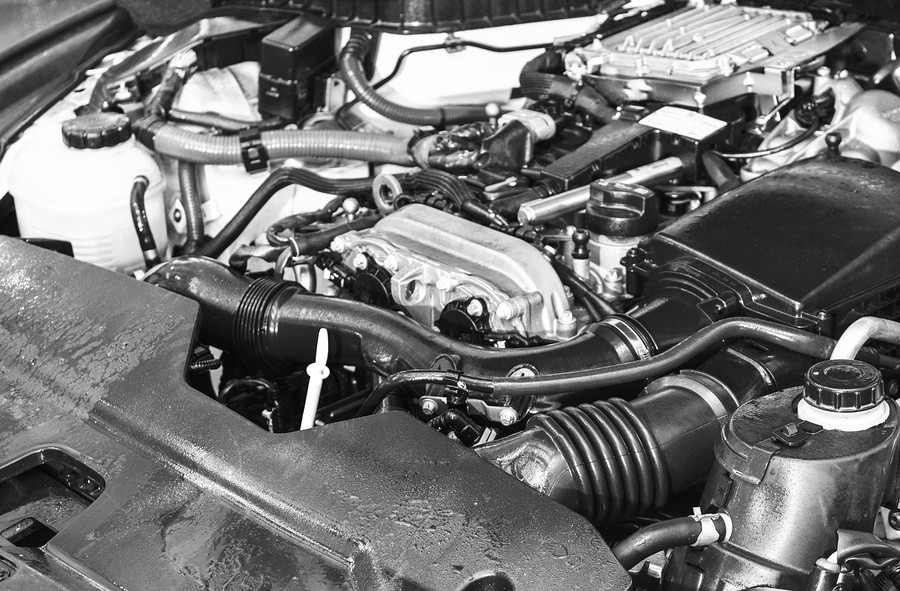
How to tell if your car has a bad engine? 10 warning signs
About engine is one of the worst situations that any driver would want to hear about. Therefore, checking and keeping an eye for any potential warning signs help prevent a complete engine failure and gives you a chance to resolve the issue without breaking or budget.
Let's look at Turn's most common warning signs of a bad engine to help you answer the question, “how to tell if your car has a bad engine?”
1. Loud noises
The first and most common warning sign that could indicate the engine is when you start hearing weird noises coming out of your engine compartment. These noises could be something like knocking or squealing or grinding noises.
As it all thumb, with these noises coming from the engine compartment or any other potential part in your vehicle, you must take any noises seriously because they typically indicate serious internal problems.
In some instances, when the loud noises that come out of the engine become much louder, they could indicate a complete engine failure in no time. So therefore, whenever you notice anything weird coming from the engine, you must consult your mechanic and check with him if you can drive your vehicle or are not sure because there are some instances where once you start hearing specific noises at a certain point, that's when your engine is about to fail.
2. Metal particles in the engine oil
When the engine is wearing out internally, you'll notice that the engine oil is not clear as it should be. In other words, if you take a closer visual inspection of your engine oil, you will see some small metal particles floating on the oil.
These particles could be part of the cylinders or the metal components around the engine wearing out. If that's the case, you should talk to your mechanic and see if it's the time to perform an engine cleanup or other maintenance to prevent complete engine failure and prevent a situation where you have to pay thousands of dollars on replacing the engine.

3. Low engine oil level
Sometimes if the engine is not in good condition, it will start consuming more oil than it should. As a result, you'll notice a warning sign on the dashboard saying that you're dealing with a low engine oil level.
Typically, this sign will not say a lower level, but instead, it should say something like a low oil pressure. In either case, the problem could be related to that engine, but also it could be an issue related to other culprits like some oil leak and other potential issues.
Therefore, you cannot immediately say that your engine is about to fail just because you're dealing with a low engine oil pressure. However, a low engine oil pressure can easily damage your engine, even if it's coming from a different comfort.
Therefore, you must take the low oil pressure seriously and consult your mechanic because there are some situations where you cannot even continue driving your car when the oil level drops below a certain point.
4. Excessive fuel consumption
Another potential symptom beginning that you're dealing with a vet engine is when your vehicle consumes more fuel than it should. Typically, this problem may also be related to other culprits plot about the engine could be a potential strong culprit.
If you notice that you need to visit the gas station more frequently than before, it could be. Therefore, check with your mechanic and see why your car needs more fuel than it should and why you have to worry about paying additional money for more fuel. Keep in mind that this small amount of money you're paying extra can lead to significant repair costs if ignored.
5. Significant reduction in your vehicle's power
If your engine is at the end of its lifetime or dealing with significant internal issues, you'll notice that the vehicle's overall power is not as it should. In other words, you might have tried accelerating and pushing the gas pedal more, but you never got to any point in your vehicle. It's just not providing the necessary power.
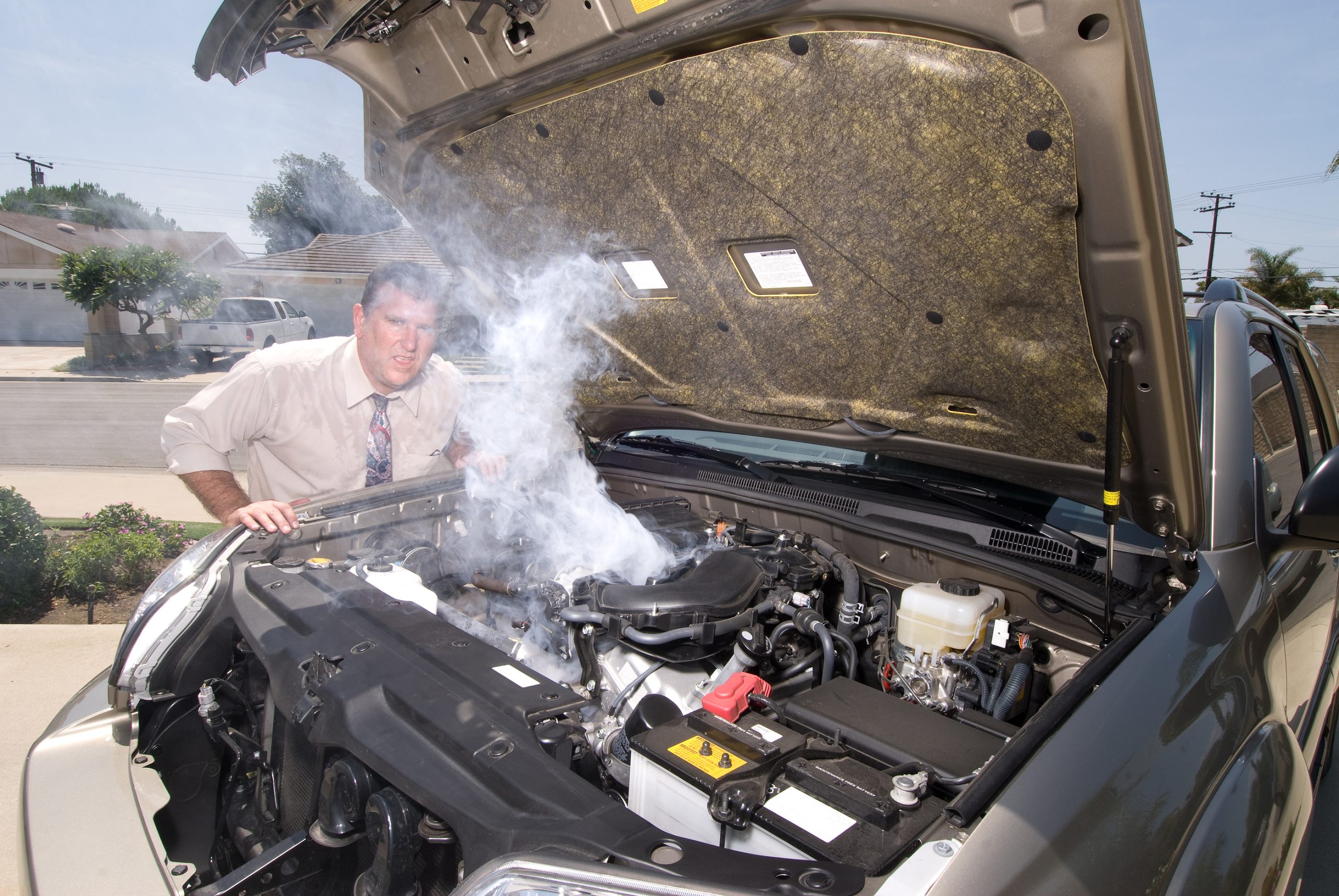
This is a strong symptom indicating that you're dealing with a bad engine, and by noticing the vehicle's power, you can easily learn some details to help you answer the question “how to tell if your car has a bad engine?”
6. Loss of engine power
Ignoring all the previous signs might get to a point where your vehicle loses the entire energy power. In other words, you might suddenly be driving in the middle of the highway and notice that your vehicle suddenly shuts off. That is a difficult situation, and it can easily put you at risk of major car crashes, which can be extremely dangerous, especially if you drive and traffic or doing some challenging weather conditions like icy or snowy roads.
Thus, to prevent dealing with this situation and prevent getting to this point, you must check with your mechanic and inform him about some of the minor symptoms that we indicated before to help detect the problem as early as possible and before dealing with catastrophic events outcomes.
7. Engine misfiring
Depending on the root of the problem, you might notice that your engine will show symptoms of the engine firing. If you don't already know, engine misfiring has to do with three main components: if you don't receive the right amount of engine fuel, if your engine does not have the right amount of air, or if the engine does not receive the spark at the right time. As you noticed, many potential culprits go into causing engine misfiring. Therefore, you might be dealing with a completely bad engine with the spark plug or the different components not doing the job properly, leading to engine misfiring.
Before you admit and confirm it's a bad engine, you first focus on the small components that could result in engines firing. For example, you would want to check with your mechanic and have him inspect the spark plugs, the cylinders, and any other component that Has to do with how the air and fuel flow into the engine cylinders.
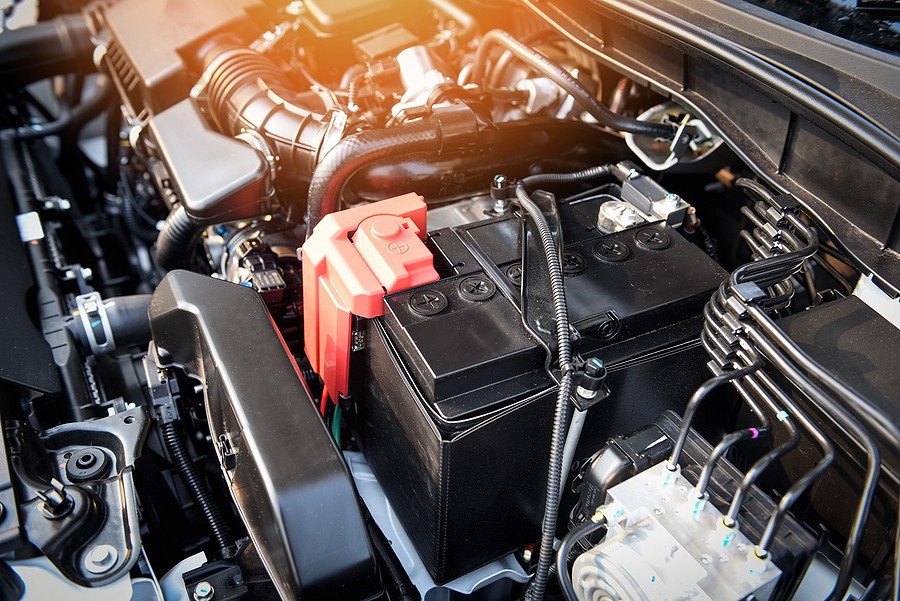
8. Damaged oil pump
A bad engine might also lead to damaging the oil pump. This could be because of the worn-out particles that keep going to the engine oil pump and clogging it or potentially due to our reasons. You forgot us; if you ignored the early signs of a bad engine, it does not stop at this point, and you won't only deal with the vet engine because it can also damage other components, which add up to the overall total bill for repairing your vehicle.
9. Engine overheating
Engine overheating is a very common symptom indicating that you're dealing with a bad engine. The engine is trying to work hard, but it has some internal issues, and as a result, it produces a lot of excessive heat that leads to engine overheating. To pick up, therefore, take a look at the dashboard and see if there are any signs of an extremely high-temperature gauge reading or any other potential symptoms like smoke coming out of the engine compartment.
Remember that engine overheating is also a symptom of other culprits like the other mentioned symptoms. Therefore, you cannot always conclude the worst scenario and assume that you're dealing with a bad engine here. However, sometimes when the coolant level drops slightly, you might see some increase in the engines some pressure which means that you only have to top off the coolant and move on.
10. Engine fire
Finally, you might see that the engine is on fire in some difficult situations! That is a horrible situation to be involved in, and it can be extremely scary, especially if you're driving on the highway or in areas where there are many people around you.

By monitoring the previously mentioned symptoms, you can avoid getting involved in this situation, and you can reduce and contain the engine damage as much as possible.
How much does it cost to fix a bad engine?
Since the engine is a core component in your car, repair costs are typically very high. You might expect to pay some mortgage been $4000 and $7000 on average. However, if you're driving a more expensive vehicle, your pair costs can easily climb up to $15,000! Keep in mind that it all depends on the root of the problem when it comes to fixing the engine problems.
For example, sometimes your problem might be simple, and your mechanic can resolve the issue at a lower cost by replacing simple minor components within the engine compartment. However, if you ignored the problem and didn't detect it early and evolved for any reason, you can easily end up with extremely high repair costs.
Keep in mind that there are some additional costs that you should consider regarding the labor cost. In addition, because you're trying to fix a component like an engine, it is hard to say that you can do any of these fixes and repairs on your own.
Therefore, you'll have to pay for labor costs which can be extremely high if you decide to go to a dealership versus just a small independent shop. However, you also want to confirm that you have the right mechanic to fix the problem. Otherwise, there are chances of reducing mistakes that could lead to more problems and require more repair money.
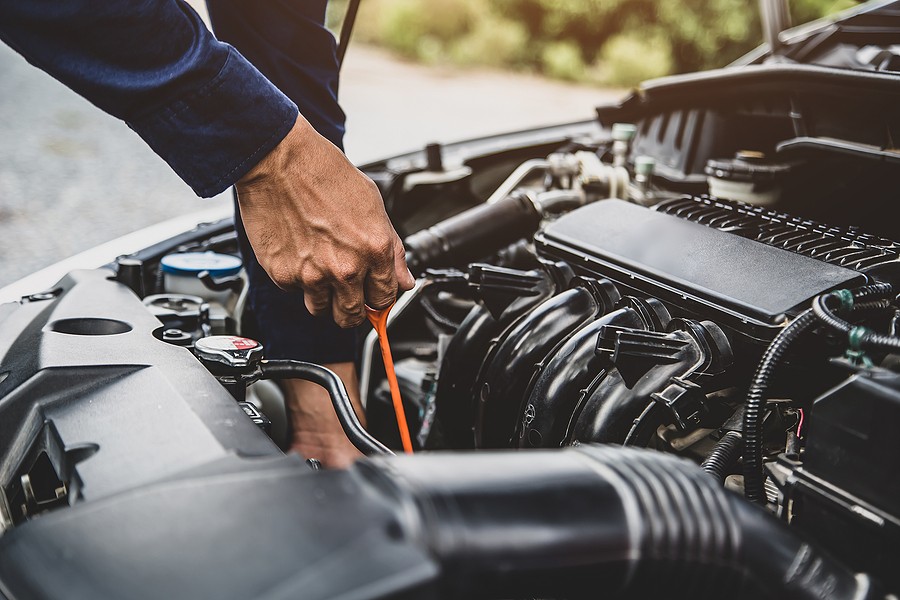
Final thoughts
The engine is a significant component in your vehicle, and if you're dealing with a bad engine, how might you have to get it fixed as soon as possible otherwise, your engine might not serve you, and your vehicle might not work at all.
While there are some expected lifespans of vehicles engines, sometimes your engine might fail prematurely, which means you have to keep an eye for any engine symptoms. This article aims to help you answer the question, “how to tell if your car has a bad engine?” We provided you with ten common warning signs to focus on, which indicate that you're dealing with a bad engine.
If you ended up with a completely failed engine killer for any reason, you have to evaluate the situation, and before you spend a penny fixing your vehicle, you must confirm that it's worth it in the first place. Otherwise, selling your vehicle would be a better option for you. Looking for someone to buy your car with a bad engine? Cash cars buyer is always here to help you!
Cash Cars Buyer is one of the top-rated car removal companies in the nation that guarantees to pay you the top dollars and provide you with free towing despite your living location around the United States.
Our process is very straightforward and doesn't take more than a couple of days to get your car removed safely and for the most money.
All it takes you is to:
- Describe your car's type and condition
- Receive our instant free quote
- Accept the quote
- Get your car removed and receive your cash payment on the spot!
To learn more about our process and our team, you can reach out to us by calling us at (773) 791-4363 or visiting our home page click on the free instant online offer.

